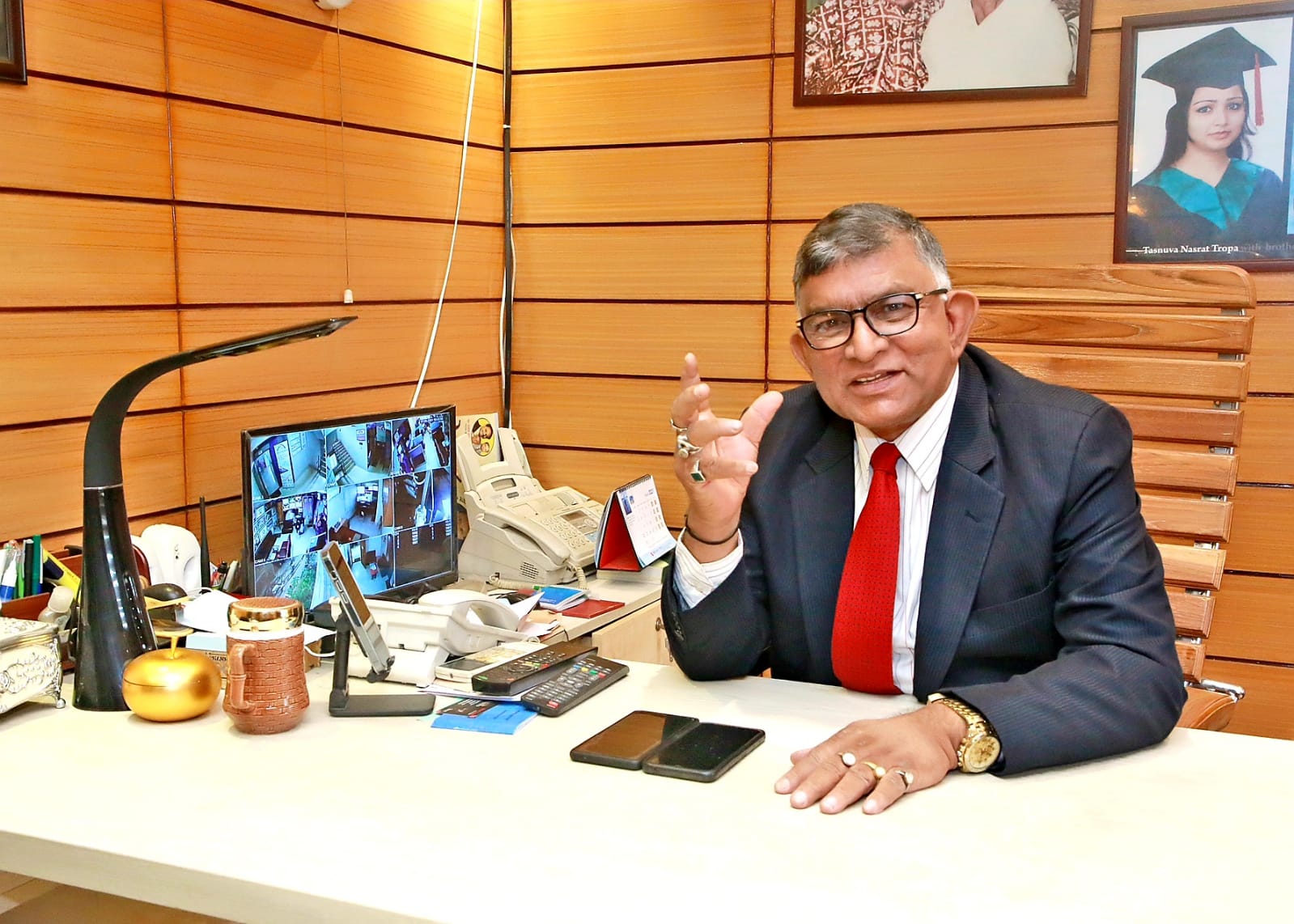The recent announcement by US Secretary of State Antony Blinken regarding a new visa policy has ignited controversy and raised significant concerns among politicians and citizens in Bangladesh. Implemented under Section 212(a)(3)(C) (“3C”) of the Immigration and Nationality Act , this policy specifically targets politicians, judges, civil-military officials, and members of law enforcement agencies in Bangladesh.
Secretary Blinken explained that the visa policy aims to support Bangladesh’s aspiration for free, fair, and peaceful national elections. It grants the United States the authority to restrict visa issuance to individuals believed to be involved in undermining the democratic election process in Bangladesh, including current and former officials, political party members, and law enforcement personnel.
The introduction of this new visa policy has generated confusion and uncertainty among the people of Bangladesh, with some labeling it a “blanket restriction” imposed on Bangladeshi citizens. This has raised concerns about fairness and potential ramifications for the bilateral relations between the United States and Bangladesh.

Prominent opposition politician Shahidur Rahman Tapa, a Presidium Member of the Jatiya Party, expressed disappointment over the sudden implementation of the policy. Tapa noted that the announcement has cast doubts on the true intentions of the Biden administration and raised questions about whether it aims to pressure Bangladesh into aligning solely with the United States while distancing itself from other influential nations like India and China. He emphasized the importance of maintaining friendly relations with the United States while preserving ties with neighboring countries.
Tapa argued that Bangladesh is a sovereign nation that should not allow any foreign power to dictate its policies. He questioned the rationale behind targeting specific groups, such as politicians and law enforcement officials, and voiced concerns about potential biases and unintended consequences of the visa policy.
The implementation of this new visa policy has sparked discussions among politicians and experts in Bangladesh. Some view it as an infringement on national sovereignty and interference in internal affairs. Others argue that it reflects genuine US concerns about democratic processes and human rights in Bangladesh, as well as a desire to support fair and transparent elections.
Critics of the policy highlight Bangladesh’s progress in democratic reforms and improving its electoral system, cautioning against actions that could undermine this progress and strain relations between the two countries. They also raise concerns about potential restrictions on academic exchanges, cultural events, and people-to-people interactions.
Supporters of the policy contend that it is necessary to ensure the integrity of Bangladesh’s democratic process. They cite instances of election-related violence, corruption, and human rights abuses in the country, suggesting that the United States has a legitimate interest in preventing individuals involved in such activities from entering the country.
The controversy surrounding the new visa policy highlights the challenges of balancing national interests, sovereignty, and the promotion of democratic values in international relations. It underscores the need for open and constructive dialogue between the United States and Bangladesh to address concerns and find common ground. This includes clarifying the objectives and scope of the visa policy, as well as exploring avenues for cooperation in strengthening democratic institutions, promoting human rights, and ensuring fair and transparent elections.
Both countries must strive for a relationship based on mutual respect, shared interests, and a commitment to democratic values. By doing so, they can work together to address challenges and advance their bilateral relations in a manner that benefits the people of Bangladesh while upholding the principles of democracy and human rights.


